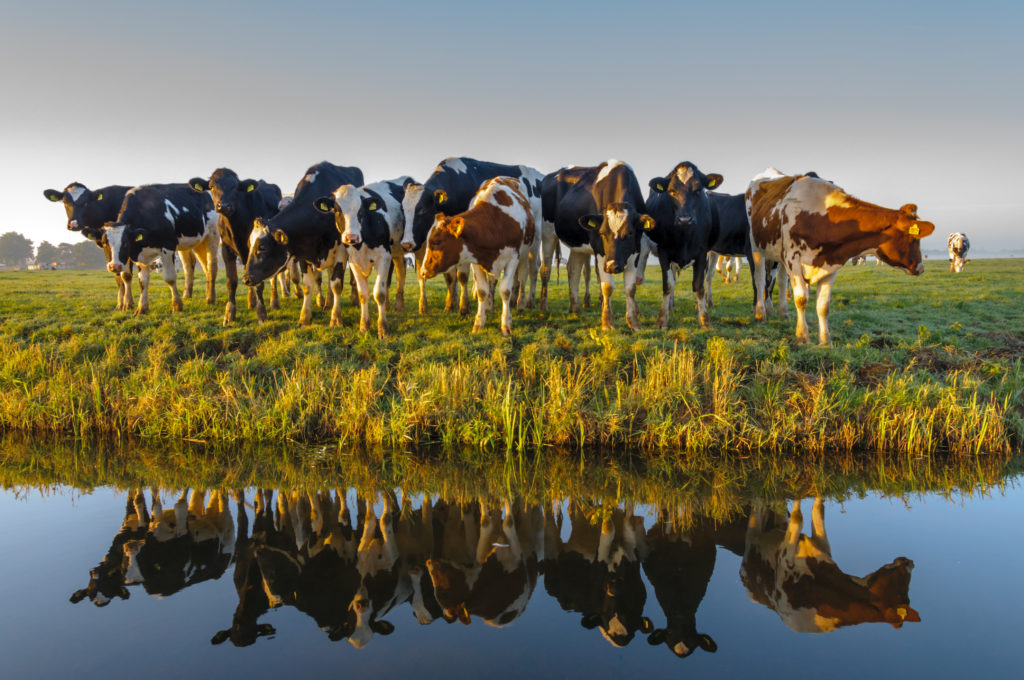
Nitrate Vulnerable Zones aim to reduce water pollution by restricting manure and fertiliser use on nearby farmland. Failure to comply with the regulations is a criminal offence. Matthew Cummings, a trainee solicitor in our Truro office outlines the three steps farmers who may be affected need to take.
The most recent review of Nitrate Vulnerable Zones (NVZs) has been completed and the Environment Agency has published its map of proposed designations for the period 2017-2020.
As a landowner in mid to south west Cornwall you may have received a designation notice sent to you by the Environment Agency in January and may be wondering what to do.
First, BE SURE. Failure to comply with the regulations is a criminal offence, the penalty for which can be a hefty fine, so even if you have not received a designation notice you’d be wise to check your postcode. You can do this using the Environment Agency’s ‘what’s in your backyard’ online tool – this will immediately reveal if your land sits in aNVZ.
Remember that if your land is 80% or more sown with grass then you may be able to apply to the Environment Agency for derogation from the usual loading limit. This means that in any one calendar year the maximum limit of nitrogen from livestock (not organic) manure you can apply to your land is increased from 170 to 250kg per hectare.
Also remember the greenhouse exception – in general terms the nitrate regulations do not apply to crops grown in greenhouses or polytunnels which are watered by artificial irrigation.
Secondly, BE AWARE. There is a transitional period and, so long as your land is a newly designated NVZ, the majority of the regulations won’t apply to your holding until 1 January 2018, with the remainder applying from 31 July 2019. For all practical purposes the only regulation to have immediate effect is the requirement that you keep a copy of any advice given to you by a FACTS adviser – a good idea in any event. Even so, you would do well to familiarise yourself with your upcoming responsibilities.
Thirdly, BE PREPARED. In a nutshell, the regulations seek to reduce water pollution from nitrogen by restricting the quantity of nitrate, via manure and fertiliser used on nearby farmland, as well as prescribing for detailed record keeping. The regulations can be technically complex, but remember there is a wealth of information available to help you, including: www.gov.uk/guidance/nutrient management-nitrate-vulnerable-zones.
Finally, remember that there is an appeal process if you believe that either: a) your land doesn’t run-off into polluted water; or b) runs-off into water which should not be identified as polluted. If you think that either of these might apply you should submit an appeal using the form supplied via the link above, together with guidance notes to help you complete it.
This article first appeared in our rural newslink newsletter. To find out more about our rural team and how they support the rural community visit their page or get in touch on 01392 210700.
